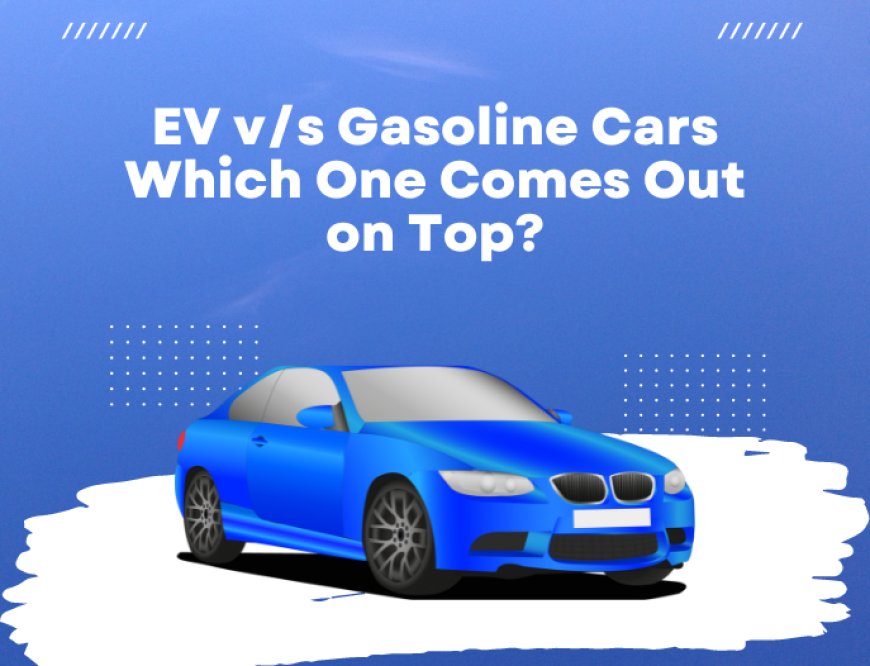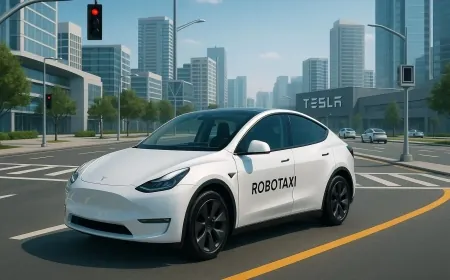Gas-Powered vs Electric Vehicles: Experts Suggest EVs May Be a Better Long-Term Investment"
Electric Cars vs. Gasoline Cars: As the demand for electric vehicles (EVs) increases, consumers are left with a common question: is it worth it?

Experts suggest that electric vehicles (EVs) may be a better long-term investment compared to gas-powered vehicles due to their lower operating costs and potential for higher resale value but here are some key points to consider before making a decision:
Key Points:
-
Electric cars are more expensive than gasoline cars, on average.
-
But Electric Vehicles are the More Economical Choice in the Long Run with Lower Maintenance, Repair and Fuel Costs Compared to Gas-Powered Cars.
-
According to a study by Consumer Reports, the average savings for EV owners over the lifespan of the vehicle could exceed $6,000 compared to traditional gas-powered cars due to lower maintenance, repair, and fuel costs. However, there are several important factors to consider.
-
Car manufacturers, including Ford and Tesla, have reduced the prices of electric vehicles in 2023, and it is expected that the prices will continue to decrease as battery technology advances.
Electric car sales are expected to boom due to federal policy, technological advances, and environmental concerns. 41% of Americans are somewhat likely to purchase an electric vehicle as their next car, according to a recent poll by the University of Chicago and The Associated Press. 60% of consumers view high cost as a major deterrent to purchasing an electric vehicle.
-
Luxury electric vehicles have an average sale price of over $61,000, which is about $12,000 more than the auto industry average.
-
The initial high sticker price of EVs can be offset by lower recurring costs such as maintenance, repair, and fuel.
-
In the long run, electric vehicles can be a better financial deal for buyers compared to gasoline-only cars, after accounting for recurring costs.
How EVs Can Save You Money: The Cost Benefits You Need to Know:
According to a 2020 Consumer Reports study, owning an electric vehicle (EV) can save the typical owner between $6,000 and $10,000 over the car's lifespan compared to a gasoline-only model of a similar size and class. This is because electric cars tend to have lower costs associated with maintenance, repairs, and fuel (electricity vs gasoline).
Since the study was conducted, the prices of many EVs have dropped, and conventional gasoline-powered vehicles have become more expensive. In addition, the Inflation Reduction Act signed by President Joe Biden in August 2021 extended the federal tax credit for new EVs through 2032, providing up to $7,500 in incentives to make EVs more affordable.
Debapriya Chakraborty, an economist and assistant professional researcher at the Electric Vehicle Research Center at the University of California, Davis, stated that when comparing similar cars on total cost during ownership, "battery electric vehicles tend to come out ahead of [internal combustion engine] vehicles, on average."
Also Read: New EV Tax Credit 2023: List of Electric Vehicle Models Eligible for Up to $7,500 in New Tax Credits
































































